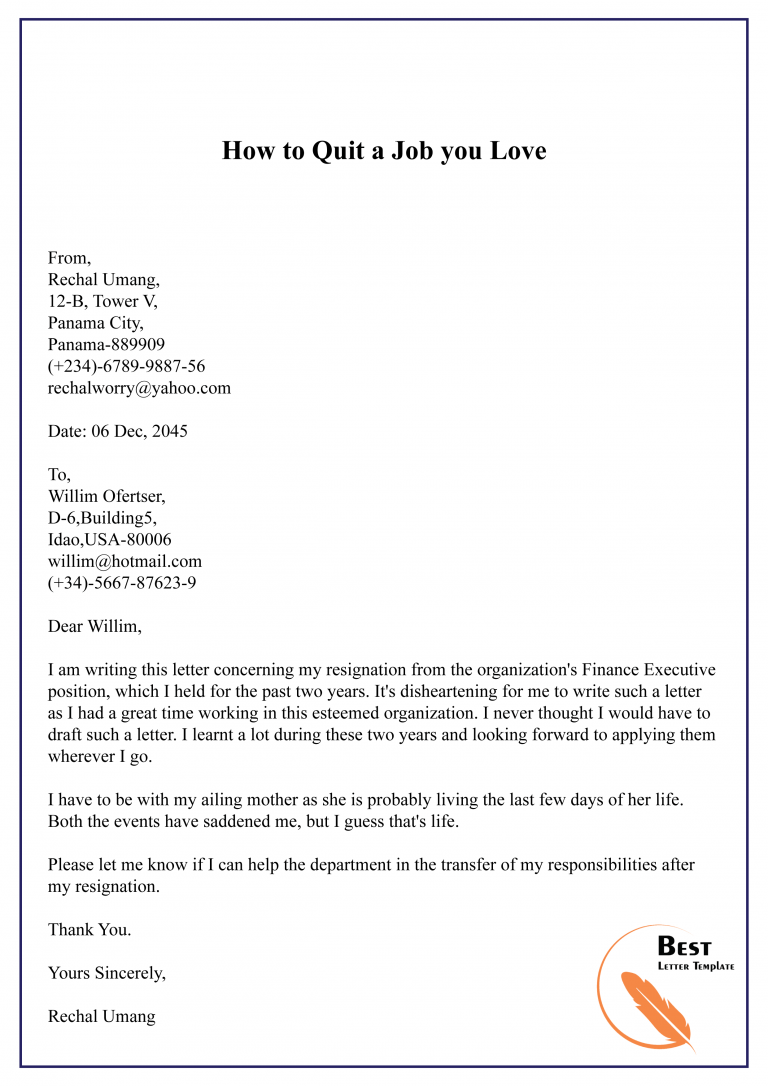

Second, in the longer term, contracts may be by the project or for a specific time - usually between three months and a year. First, day to day, you may need to work full-time or part-time hours, or the hours may be entirely flexible. What are the time commitments for a contract job?
You quit your job you still professional#
The chance to grow your professional network.Build your resume experience and skills sections quickly.Great opportunity to quickly learn a wide range of skills.Try out a variety of jobs to find your best fit without a long-term commitment.Option to shift from temporary to permanent if there is a good fit.Some contracts offer higher base pay instead of health or other benefits.Immediate job placement or minimal interviews compared to a traditional interview process.These options will vary from job to job and based on your skills and experience. Only you can answer this for yourself, but there are some benefits to consider with a contract position. If you are here because you’re considering contract work, look over our answers to the contract job questions we get most often. If your written contract doesn't allow for early termination, consider renegotiating the terms to keep your options open. If you haven’t signed yet and you’re reading this to learn about contract work in advance, you have more flexibility. And it’s probably legally binding, so if you’re unsure, ask a legal professional to look at your contract and explain the terms to you. Technically, no one can force you to work against your will, and you have the right to quit your job anytime for any reason.īut, your contract probably specifies whether you have to give your employer notice and any penalties there may be for resigning early. The top 10 US industries that employ the most contract workers are: Generally, staffing agencies supply workers with basic transferable skills, while independent contractors have specific skills. Contract employees usually sign paperwork – their contract - that lays out what they’ll be paid, their duties, and of course, the expected date or project goal that ends the contract.Ĭontract jobs can include almost every type of job. In either case, you’re employed for a specified time or for a project decided in advance. You may get hired through a staffing company or as a self-employed or independent contractor. There are two main types of contract jobs.
You quit your job you still how to#
Get in touch with us to do a deep dive on how to succeed in interviews or if you're curious about other ways to navigate your career path better. We’ve helped thousands of people succeed in their job search, prep for interviews, negotiate the details of their contracts, and otherwise hit their career targets. If you’re considering a job transition, use our career counselling service to prepare for your next interview or any other career choices. Sometimes leaving a job is the best way to advance your career. Cover the best steps to resign from a contract job.Look at whether you can quit your contract job.




 0 kommentar(er)
0 kommentar(er)
